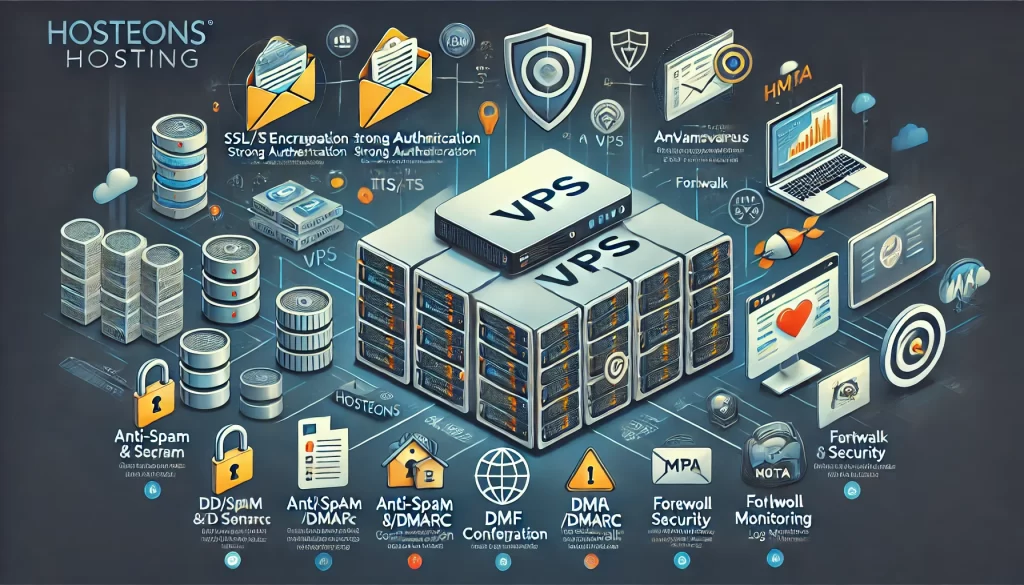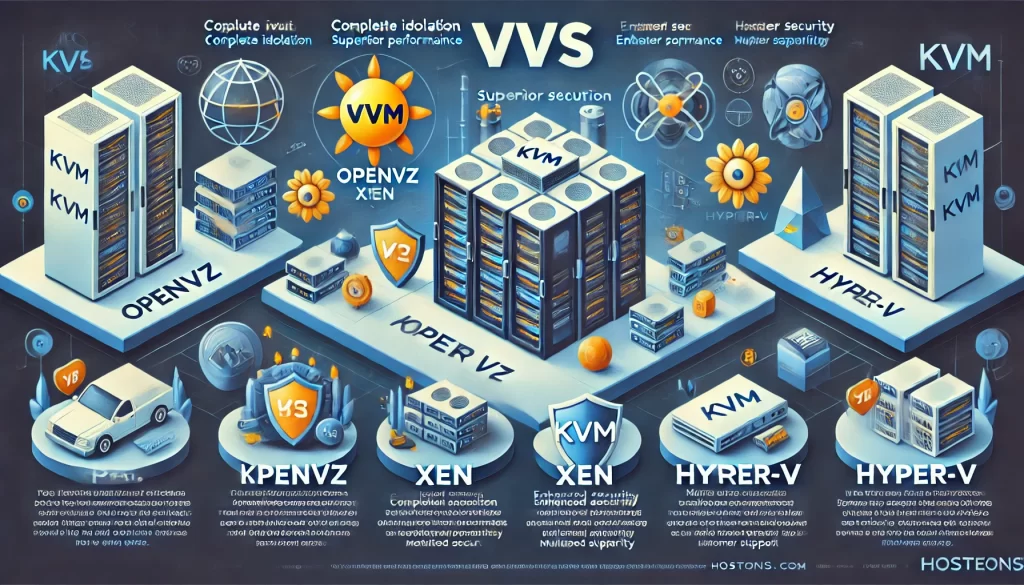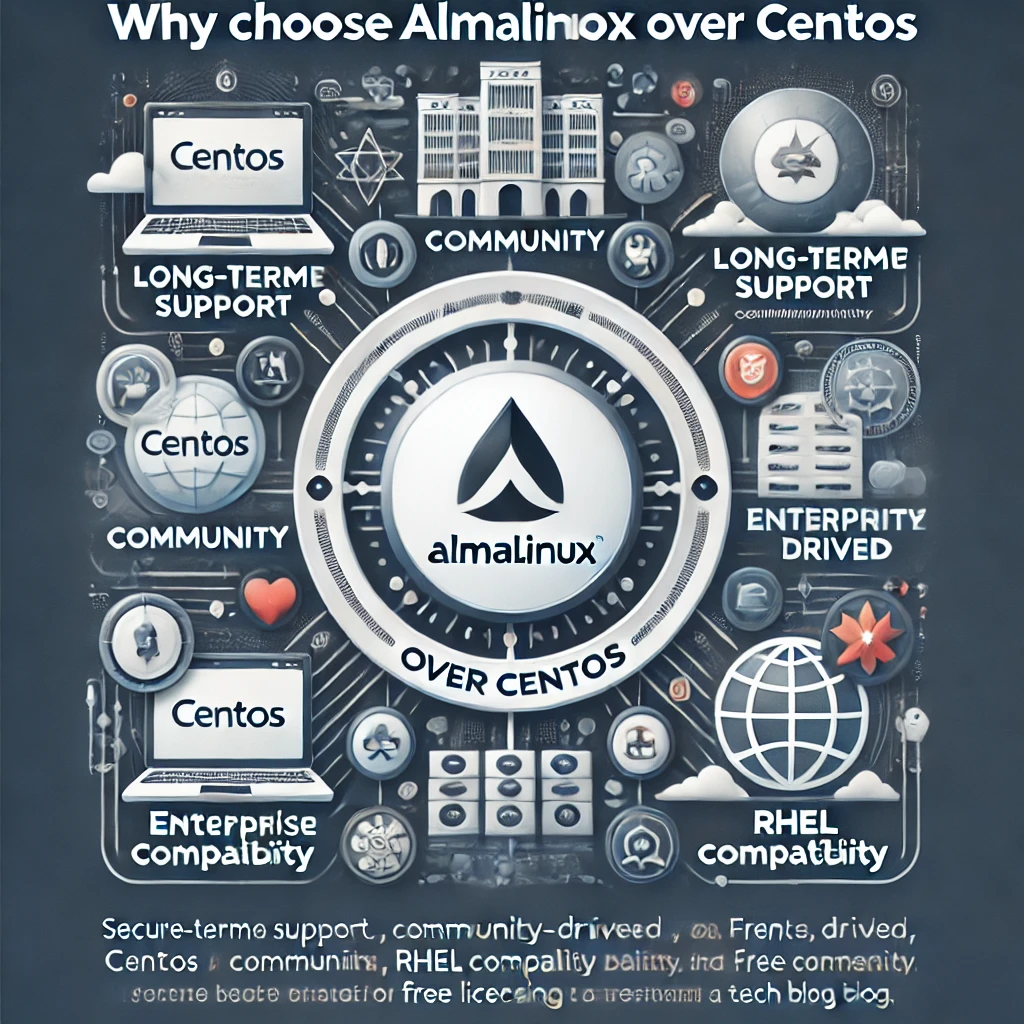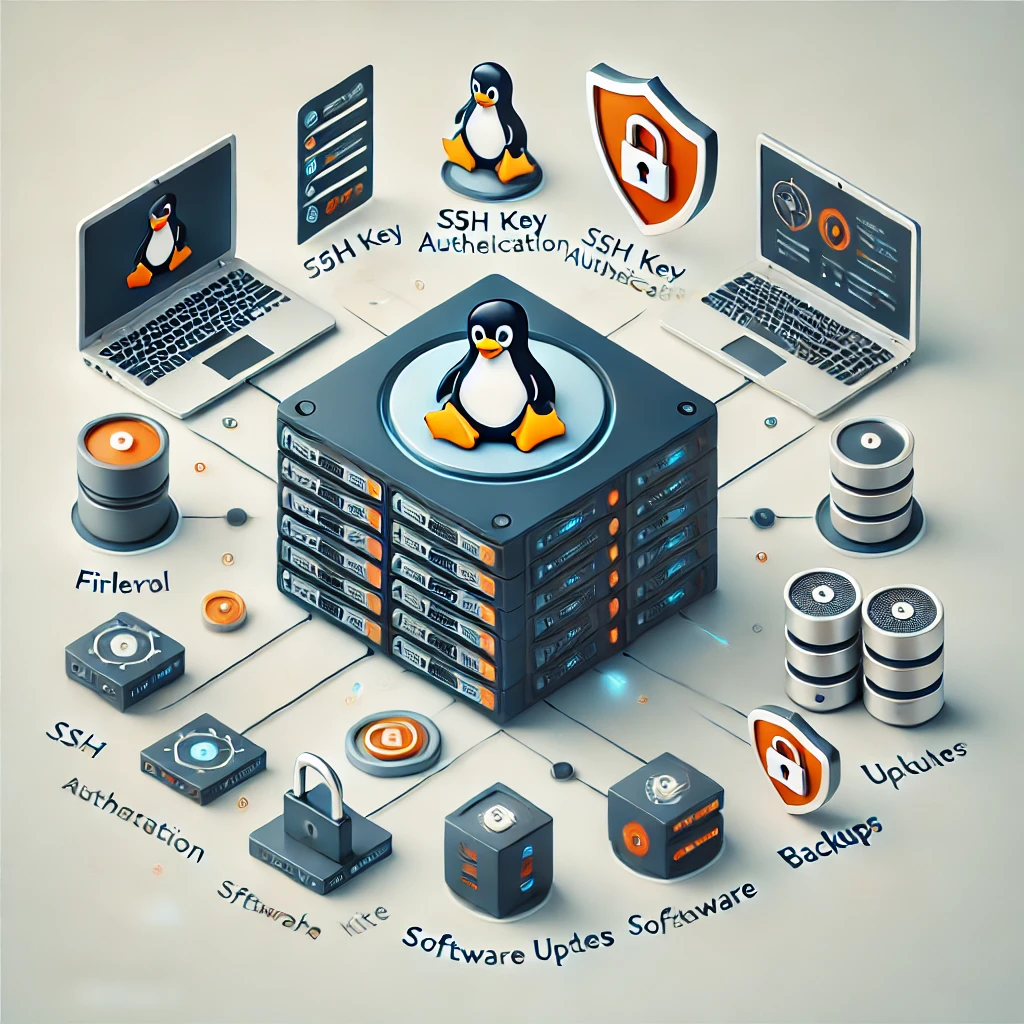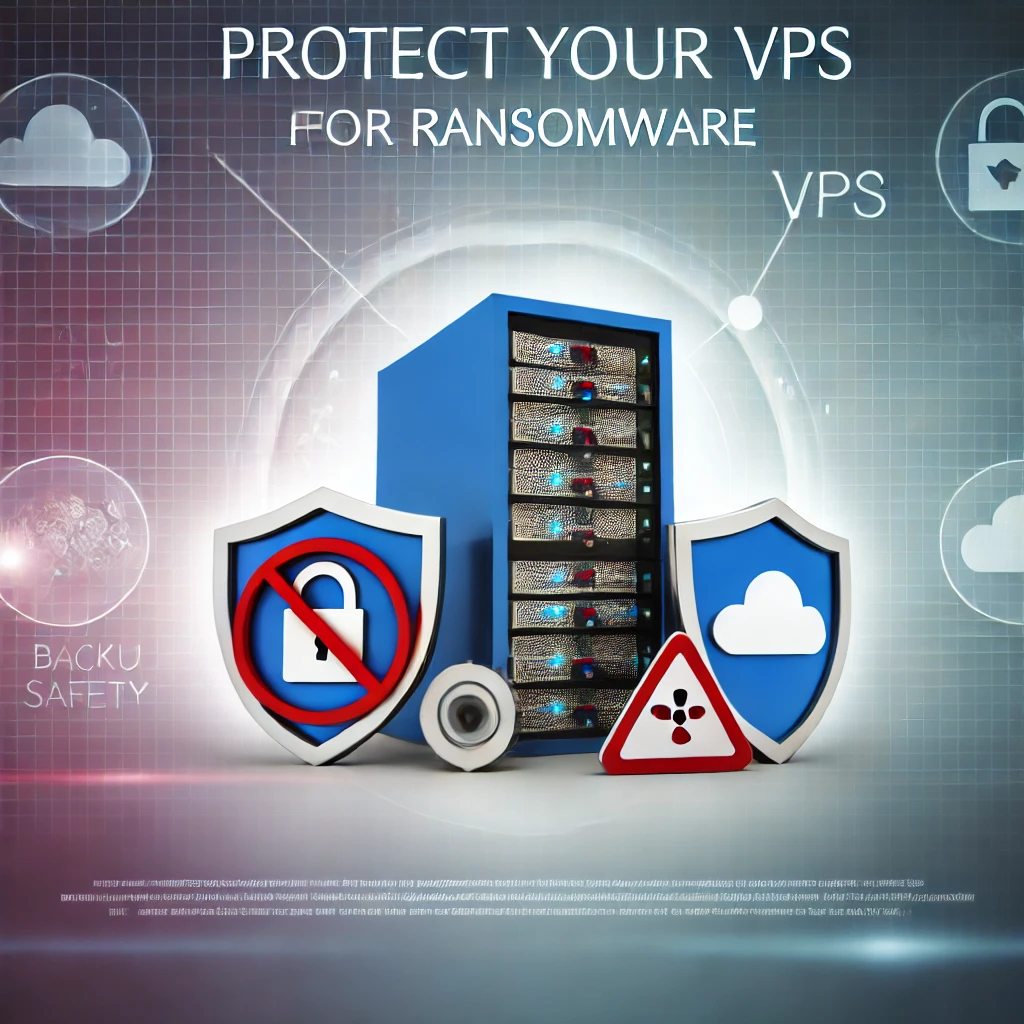
WordPress is one of the most popular platforms for building websites, known for its flexibility and user-friendly interface. If you’re using a VPS (Virtual Private Server) for hosting, installing WordPress gives you greater control and performance than shared hosting. This guide will walk you through installing WordPress on a VPS in just five simple steps.
Step 1: Set Up Your VPS Environment
Before installing WordPress, your VPS needs the appropriate software stack to support it. Most WordPress installations require:
- Linux Operating System (e.g., Ubuntu or CentOS)
- Web Server (Apache or NGINX)
- Database Server (MySQL or MariaDB)
- PHP
How to Set Up the Environment:
- Access Your VPS: Log in to your VPS using SSH. Open a terminal and type:
ssh username@your_server_ip- Update the Server: Keep your server software up-to-date.
sudo apt update && sudo apt upgrade -y- Install Required Packages:
For Apache:
sudo apt install apache2 mysql-server php php-mysql libapache2-mod-php -y
For NGINX:
sudo apt install nginx mysql-server php php-fpm -y
After installation, ensure the services are running:
sudo systemctl start apache2
sudo systemctl start mysqlStep 2: Create a MySQL Database for WordPress
WordPress requires a database to store its content and configuration.
- Access MySQL:
sudo mysql- Create a Database:
CREATE DATABASE wordpress_db;- Create a Database User:
CREATE USER 'wordpress_user'@'localhost' IDENTIFIED BY 'strong_password';- Grant Permissions:
GRANT ALL PRIVILEGES ON wordpress_db.* TO 'wordpress_user'@'localhost';
FLUSH PRIVILEGES;- Exit MySQL:
EXIT;Step 3: Download and Configure WordPress
- Navigate to Your Web Directory:
cd /var/www/html- Download WordPress: Use the official WordPress package.
wget https://wordpress.org/latest.tar.gz- Extract the Files:
tar -xvzf latest.tar.gz- Set Permissions: Ensure the web server can access the WordPress files.
sudo chown -R www-data:www-data /var/www/html/wordpress
sudo chmod -R 755 /var/www/html/wordpressStep 4: Configure WordPress
- Rename the Configuration File:
cp /var/www/html/wordpress/wp-config-sample.php /var/www/html/wordpress/wp-config.php- Edit the File:
Open the configuration file to add database details.
nano /var/www/html/wordpress/wp-config.php
Replace the placeholders with your database details:
define('DB_NAME', 'wordpress_db');
define('DB_USER', 'wordpress_user');
define('DB_PASSWORD', 'strong_password');Step 5: Complete the Installation via Browser
- Access WordPress in Your Browser:
Open your browser and navigate to:
http://your_server_ip/wordpress- Follow the On-Screen Instructions:
- Choose your language.
- Enter your website name, admin username, and password.
- Click Install WordPress.
- Log In to Your WordPress Dashboard:
Once the installation is complete, log in using the admin credentials you set up.
Conclusion
Congratulations! You’ve successfully installed WordPress on your VPS. By following these five simple steps, you now have a powerful, flexible WordPress site running on a robust VPS environment.
At Hosteons, we offer high-performance VPS hosting solutions optimized for WordPress, ensuring fast load times and reliable uptime. Ready to take your website to the next level? Explore our VPS plans at Hosteons.com today!
Need help with your VPS? Our 24×7 support team is here to assist you.
